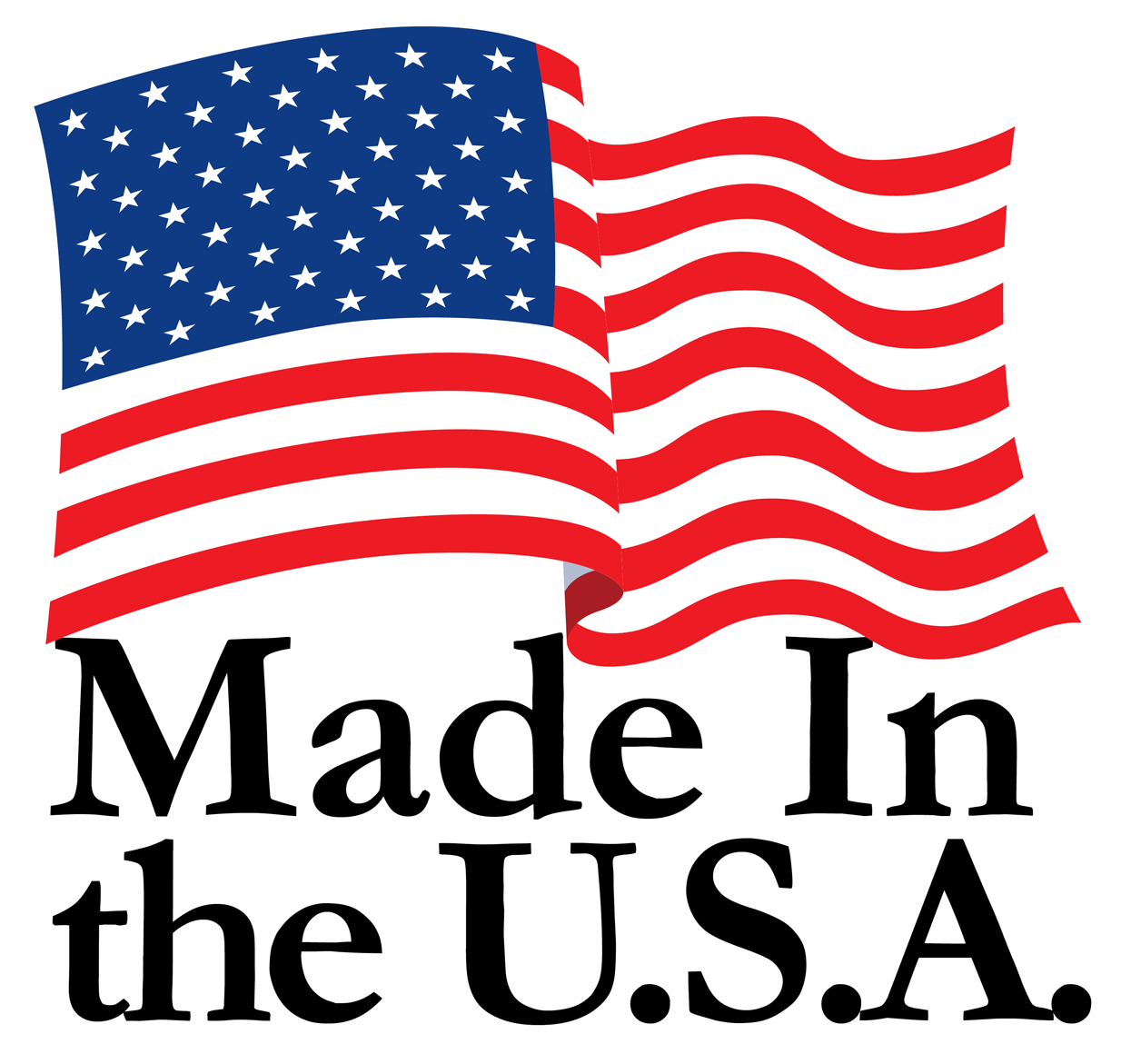Metal Stamping Industry Update: Growth, Innovation, and Tariff Impacts in 2025
As of June 1, 2025, the metal stamping industry is experiencing significant developments, driven by market growth, technological advancements, and shifting U.S. trade policies. According to Future Market Insights, the global market for metal stampings, forgings, and castings is projected to reach USD 522,489 million in 2025, growing at a CAGR of 5.6% to hit USD 901,234 million by 2035. This growth is fueled by high demand for lightweight, high-strength materials in automotive and aerospace sectors (openPR.com, May 23, 2025).
Technological innovation is also shaping the industry. Doug Stevens of Stevens Company in Thomaston, Connecticut, highlighted in HelloNation Magazine that advancements like automation and robotics in metal stamping enhance precision, reduce human error, and improve product consistency, meeting the exacting standards of modern industries (finance.yahoo.com, May 6, 2025). Similarly, Bopp-Busch Manufacturing Company noted that new equipment and data systems are streamlining processes, boosting output, and ensuring safety.
On the trade front, U.S.-based operations are gaining an edge amid tariff changes. President Trump’s 25% tariffs on imported vehicles, effective April 3, 2025, have disrupted global supply chains, prompting some carmakers to shift production to the U.S. or face $108 billion in increased costs, as per the Center for Automotive Research (reuters.com, April 10, 2025; nytimes.com, April 8, 2025). However, an executive order signed on April 28, 2025, aims to ease the burden by preventing tariff stacking and reducing charges on foreign parts used in U.S.-made vehicles (bloomberg.com, April 28, 2025). These tariffs underscore the advantage of domestic metal stamping, which cuts lead times, lowers shipping costs, and ensures tighter quality control—benefits critical for industries like automotive and aerospace.
The metal stamping industry’s outlook remains strong, with U.S. operations well-positioned to capitalize on market growth and navigate trade challenges through innovation and localization.
